Think about what your inner self-esteem and model of behavior in society depend on? Maybe your problems are a consequence of what you heard from your parents as a child?
Contents of
- What is a psychological trauma?
- The role of an adult in the life of a child. Where do children's psychological traumas come from?
- 12 phrases that can not be spoken to a child. How are they reflected in the child's adult life?
- Psychological traumas of children in the process of education. What are the parent settings?
- How to avoid negative parent settings? How can a parent prepare a child for a future adult life?
- Video. Psychological trauma and its consequences.
- Video."Bury Me Behind the Baseboard".A film about childhood psychotrauma.
What is a psychological trauma?
Psychological trauma is a deep emotional shock( mental wound) that a person could not overcome.
- A psychological trauma occurs when a negative event that a person encounters goes beyond his ideas about the life of
- If he can find a way to solve the problem - on his own or with the help of others - then the event will move from the category of problems to the domain of the everyday experience of
- . If the samethe output can not be found, then in the future, when faced with a similar problem, a person will always experience suffering anew

- Over time, unresolved psychological trauma will begin to influence the behavior of the peoplecentury, even if the threat of recurrence of events is small or invented. The stronger the injury, the more serious the disproportion in the behavior of a person
- A vivid example: a victim of a terrorist attack in the Moscow subway later experiences serious mental discomfort, getting into a crowd of people. In this example, the logical chain "terrorist act" = "fear of the crowd" lies on the surface of the
- But more often the relationship between unconstructive behavior and a traumatic event is not so obvious. The deepest psychotrauma we get in childhood
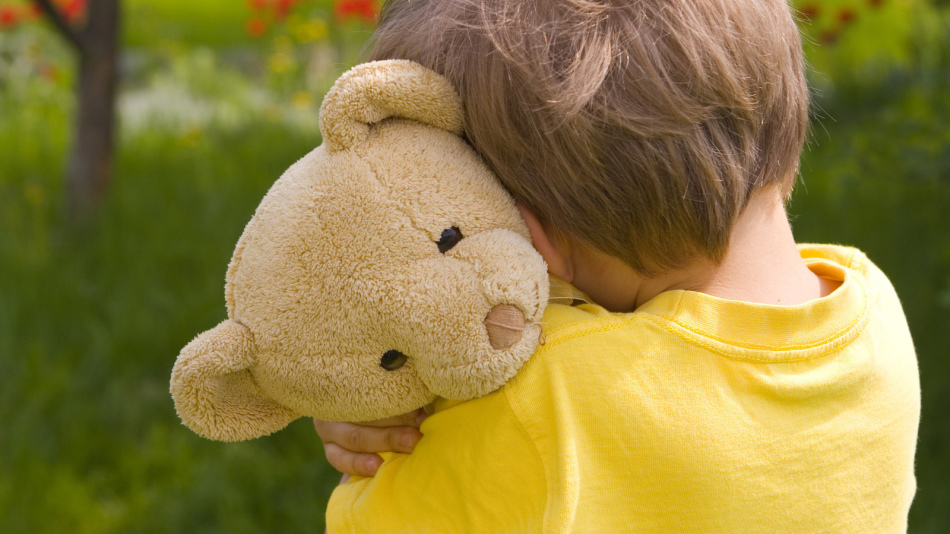
The role of an adult in the life of a child. Where do children's psychological traumas come from?
- The basic features of a person's character are laid in the age from 2 to 7 years. This is the deep psychological foundation on which the whole subsequent life of
- is built. The basis for character formation is communication with other people and the resulting experience. For whom do children of preschool age communicate most often? With family members
- At the same time the child communicates with parents without pricing. He does not think how good or bad the behavior of parents, because he has not yet mastered the ability to analyze. The child simply copies the behavior of the parents. According to the research of psychologists, among all the revealed causes of psychological trauma in children, alcoholism and drug addiction of parents are the first place, in the second - verbal violence in the family( threats, insults, negative evaluation).In terms of the impact on adulthood, these reasons outweigh poverty, beatings, divorce of parents or the presence of mentally ill people in the family.
Most of the parents hurt children unconsciously. Behind the wrong behavior hide their own complexes, fears and the desire to protect the child from trouble. This may be a continuation of the psychotrauma received by the father or mother in childhood from their own parents.
Such unresolved problems can drag on for many generations, because each of us can teach a child only what he can do himself. Maybe your model of behavior with the child is copied from your parents, and it does not seem dangerous to you.

12 phrases that can not be spoken to a child. How are they reflected in the child's adult life?
Incorrect phrases How will they affect the character of How to replace the negative words "For what do I need such punishment?", "From you alone trouble", "Because of you, your head hurts" Low self-esteem, does not value yourself and your life, the constant guilt of "I love you very much, even when you're hooliganizing, but let's have a little rest" "Do not eat much, you'll get fat," "You'll cry, you'll become ugly" Excessive complexes about appearance, low self-esteem, self-esteem "Eat two more, and the rest we will postpone to the headtrader " " Doing it, no one will love you " Dependence on someone else's opinion, suppression of one's own desires " Try to do it, let's see what happens " " Stop whining! "," Stop complaining! " Suppression of emotions,inability to express your feelings "If you want, cry, and then decide what to do" 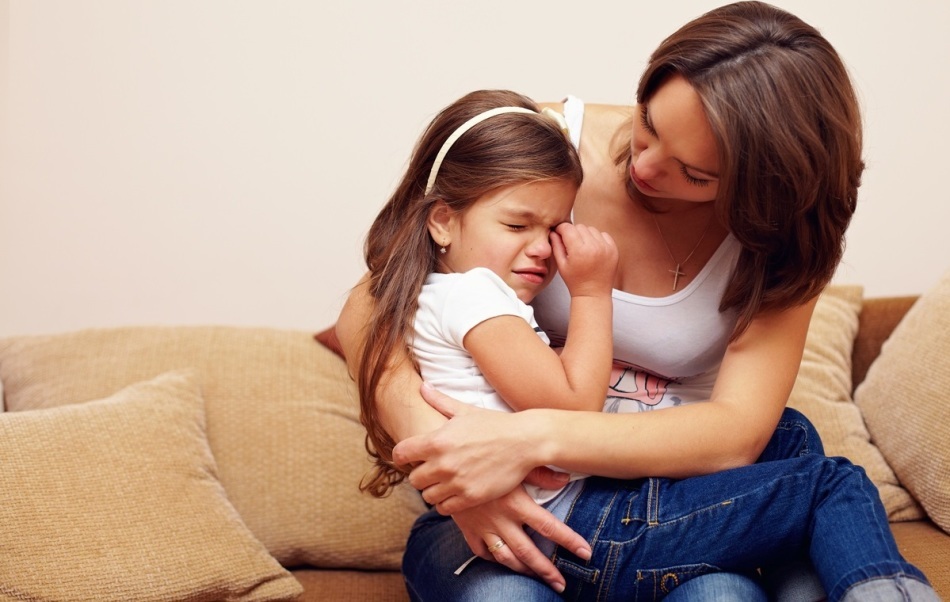
Wrong phrases How they will affect the character of What to replace the negative words "You did not ask",
"Without you will understand"Inability to solve problems, then" " Do not You Want Anything, "
" Do not want to hurt yourself "Inability to insist on your own, excessive complaisance, self-restraint " Let's buy it for your birthday ". " Thank you for prompting, I'll think about it. ", "Let's do this instead" "It's all nonsense",
"Do not be silly"Fear of expressing your thoughts aloud, lack of your own opinion "Why do you think so?" "You're not small anymore",
"Notbehave like lyalka "Fear of self-expression, stiffness, "Let's get along together", "I also know how" 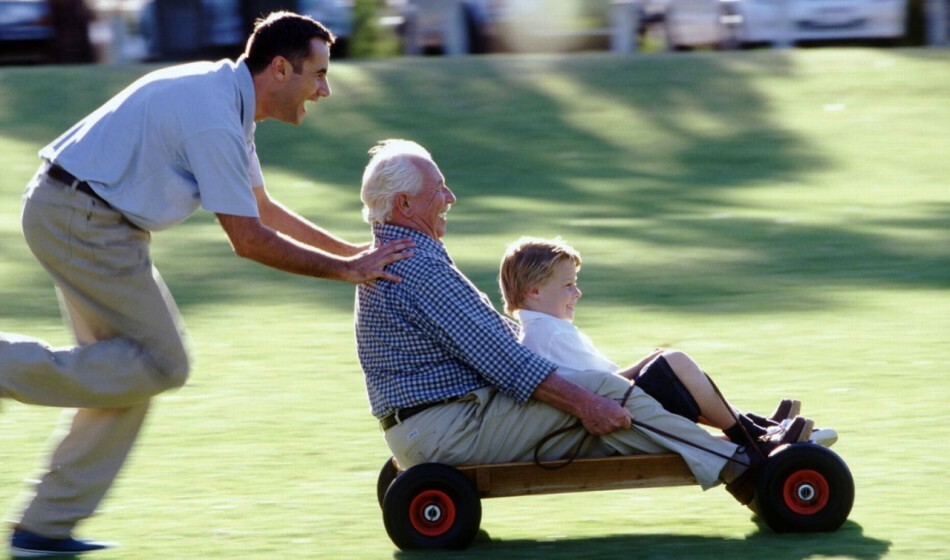
Incorrect phrases How they will affect the character of What to replace the negative words "Do not touch, break," "I'll do it myself" Indecisiveness, inability to do business on my own,fear to start something new "Let's help", "let's do it together" "Do not be an upstart", "Do as they say" Fear of leadership, eternal subordinate "Suggest your option, discuss" "Lena can,but you are not "," Look, what Sasha is good " Constant dissatisfaction with themselves, envy, need for praise for "Everyone is mistaken. Try again » « You're in my way »,« I'm not up to you » Feeling of uselessness, seclusion, fear of contacting other « Let me finish and we'll play with you » 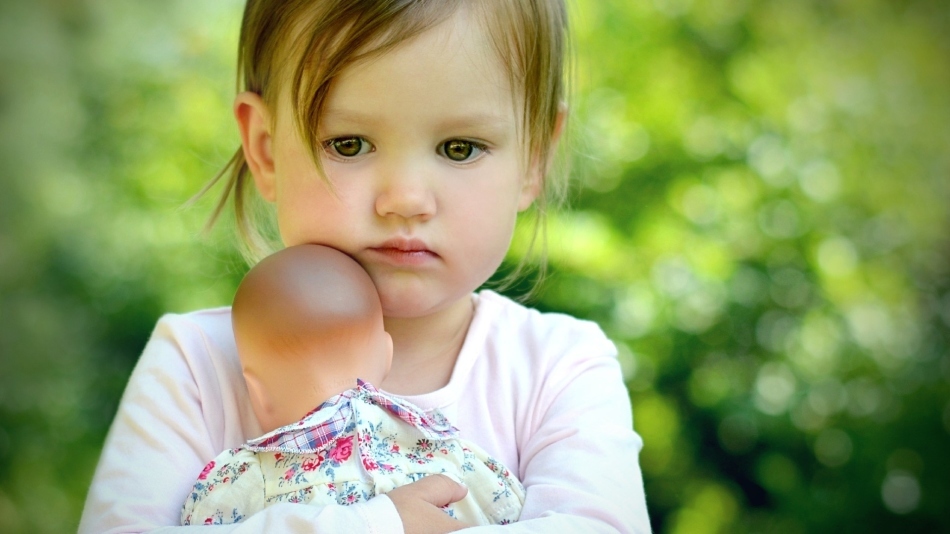
Psychological traumas of children in the process of education. What are the parent settings?
Parental settings - this is a kind of code of behavior, which is formed in the child in the early years of life.
- Settings can be positive and negative. The more positive attitudes, the more successful a person in adulthood. But often, without noticing, the parents lay down the installations with which their child will fight all his life.
- Do you know your inner voice, a kind of inner critic? He accompanies your deeds and actions, often interferes at the wrong time and makes you act completely differently than you planned
- Whose voice is this? Whose commands are we so uncomplainingly doing? Who within us constantly encourages or criticizes our actions? As adults, we desperately seek the causes of our troubles in our own character, in external circumstances, without even realizing that the main reason is in the child psychological trauma

How to avoid negative parent settings? How can a parent prepare a child for a future adult life?
If you consciously look at what really is behind your statements about the child, you can easily learn to control your speech.
Some of the most common parental fears and problems that generate negative phrases for the child.
- Aspiration to save the child from failures .Allow the child to make a mistake. This is a natural part of growing up. It is important to teach the child to get out of the conflict situation and cope with the consequences of wrong actions. Learning in small, he will be able to solve in the adult life much more serious problems
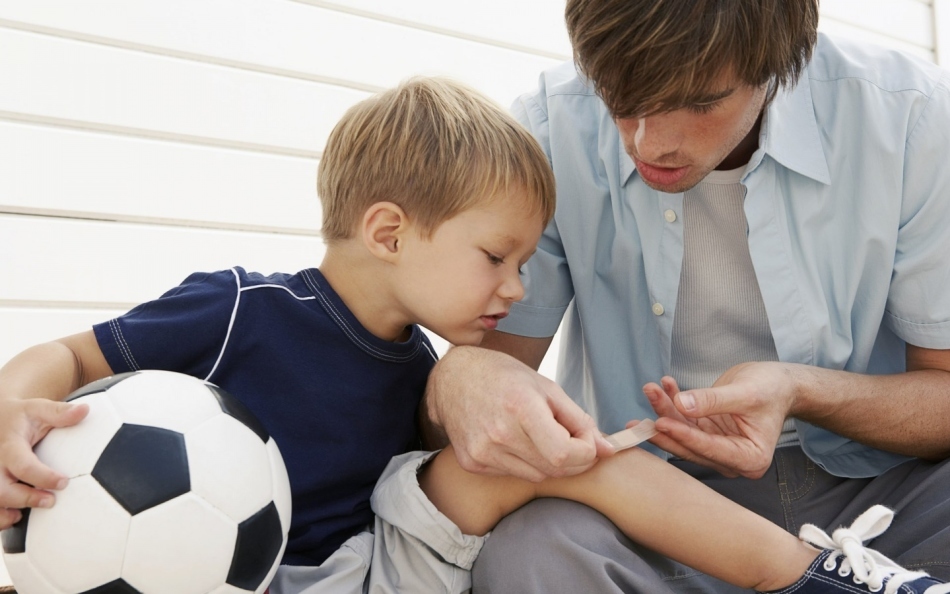
- Excessive categorical .Parents who do not tolerate objections, as a rule, themselves grew up in an authoritarian family. Do not communicate with the child in an unqualified form: "I said so and the point."If the kid does not want to fulfill your request, try to explain why you should act exactly as you want. If the child has his own arguments, let him express them, try to make small concessions. This will allow the baby to understand that his opinion is also valuable, and he has the right to it. Remember how you were suppressed as a child, and that you felt
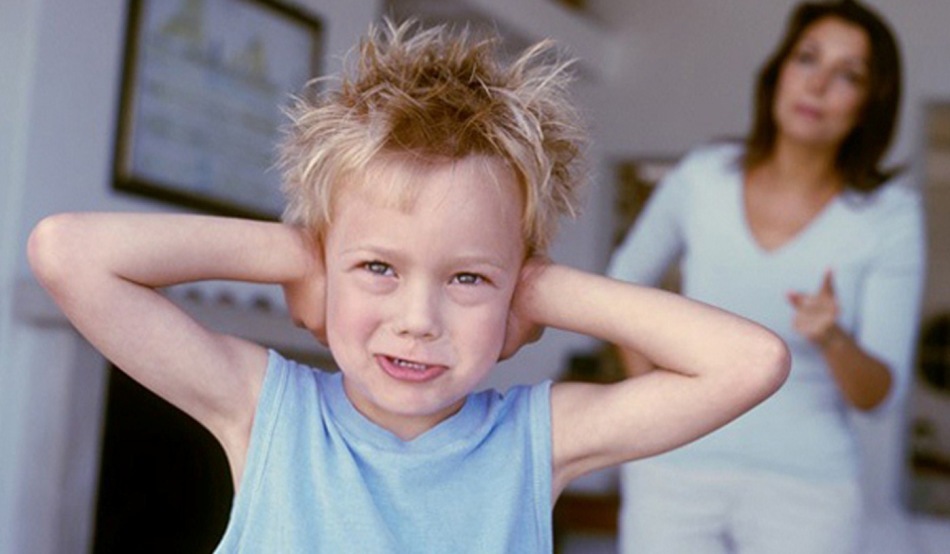
- at this time. If parents can not find a way out of a difficult situation, they are not able to control their life, they tend to blame others, they often "recoup" on the weaker - on children. So they compensate for their own helplessness. Do not let yourself get frustrated with the baby. Even if at the moment you think your child is the source of all ills, he is not to blame for your problems. Responsibility for your decisions and your state of affairs lies solely with you. In any case, a surge of uncontrollable anger will further exacerbate the situation, but will not eliminate its cause.
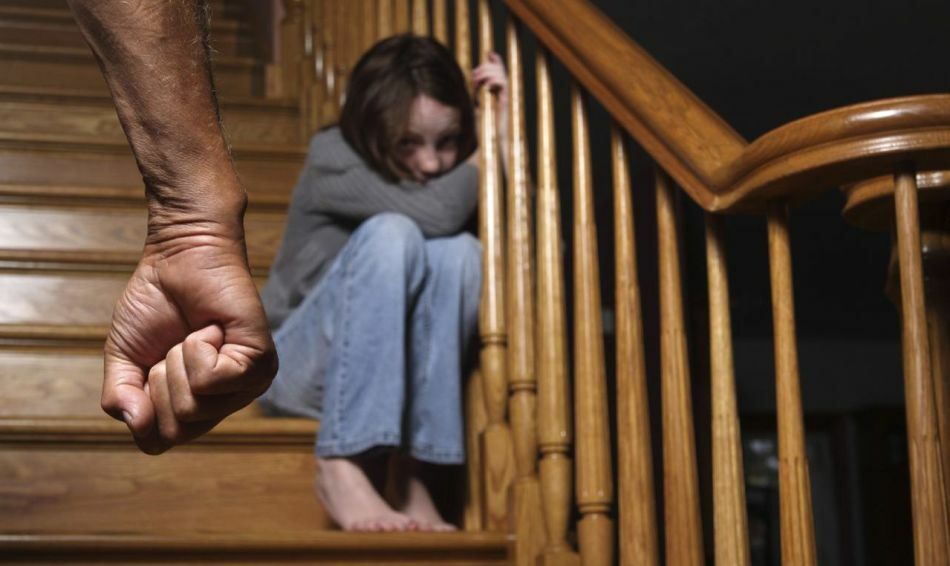
- Lack of time. If your employment does not allow you to spend enough time with your child, determine the specific hours when you are ready to participate in his affairs. Do not break your promise. If the kid knows that you are sure to find time to listen to his problems and share his games, he will not feel unnecessary and lonely.

- The child is interfering with business. Let the child help you. The child subconsciously strives to be like you, he needs to feel his involvement in your life and your affairs, your adulthood and value. Even if he just sat next to him, it would give him a sense of complicity. Do not forget to praise him for his help.

- Parenting complexes. If a parent has a low self-esteem, he constantly compares himself, and then the child, with more successful people. It is very important for such a person to have significance in the eyes of others, he is too dependent on the assessment of the surrounding
- Do not compare the child with others in a negative way. If you think that he needs to improve some skills, the comparison should only be with him: "This time you are doing better."If the kid himself sees other people's successes, support him: "You too can do it if you train hard"
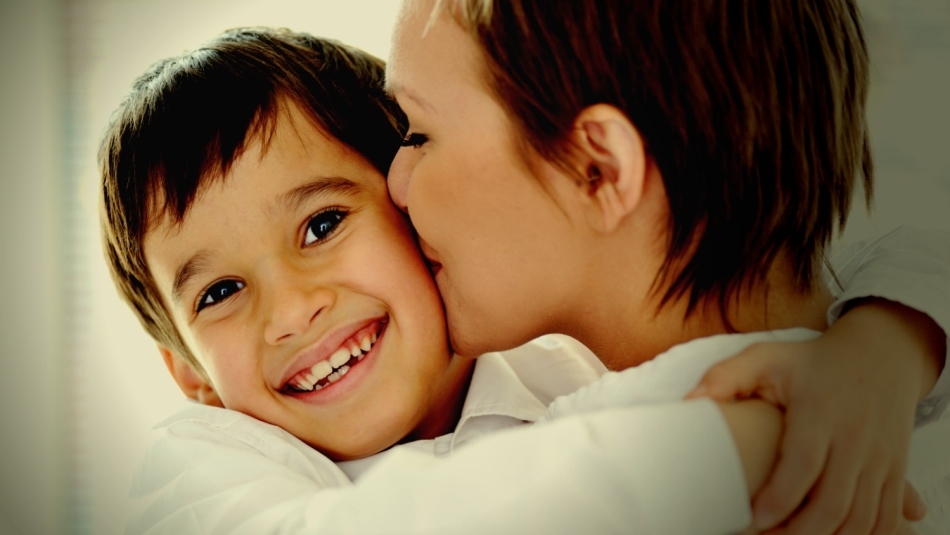
- The one whom parents ignored as a child is often not able to empathize with their own child. Do not dismiss children's problems. What seems to you a trifle may be an insoluble task for him. Tell the child the options, push to an independent search for a solution. The main thing that he learned that in any situation you can find a way out and he can count on your support
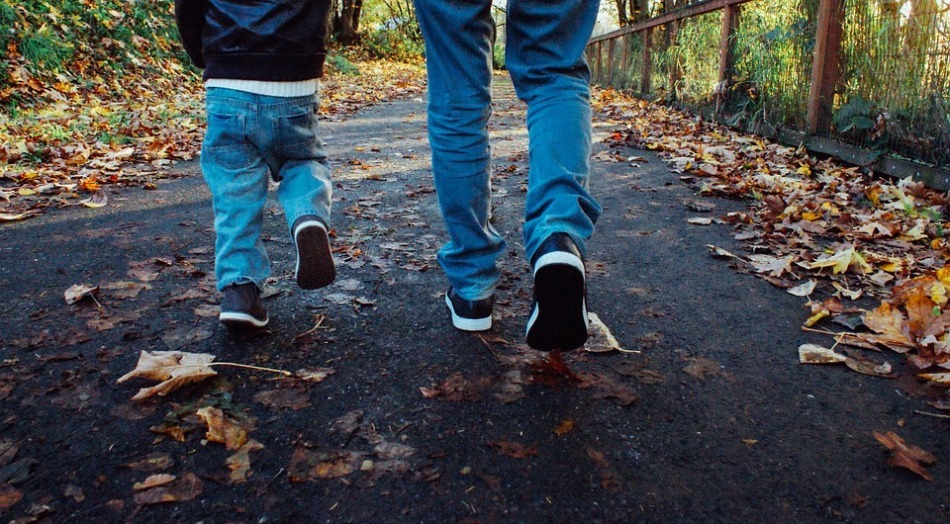
Of course, in the education of a child you can not do without restrictions and instructions. The main thing is that your words carry a positive charge, and the methods of upbringing do not inflict trauma on the child's psyche, which he will have to deal with years later.
Tell your children what you would like to hear from others in your address. Take them as they are. We are all different. Your child is different from you in character, ability, he will not be your exact copy, do not have to realize all your dreams, let him be himself.
Video. The psychological trauma and its consequences.
Video."Bury Me Behind the Baseboard".A film about children's psychotrauma.
